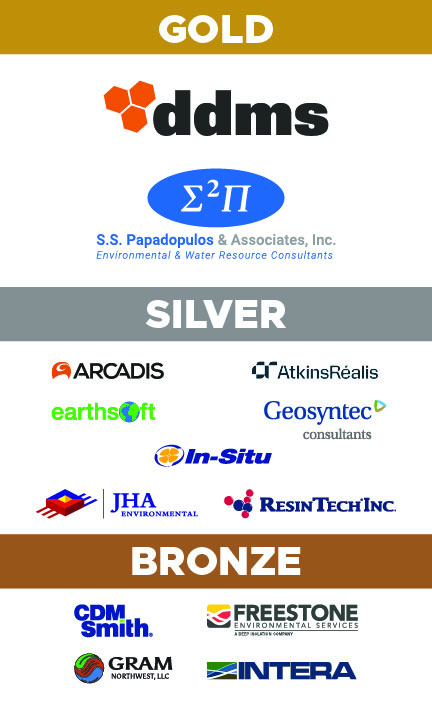
2025 Summit
We’d like to thank everyone for helping make the Global Summit a success! All of the content presented during the Summit is available on our webpages, including video recordings, presentation PDFs, and posters. See the Program-at-a-Glance for easy links to the content for each session. See our awards page to see the best presentations and poster in each session.

RemPlex’s 2025 Global Summit was organized in cooperation with the International Atomic Energy Agency.








The Center for the Remediation of Complex Sites (RemPlex) was pleased to present the 2025 Global Summit on Environmental Remediation, organized in cooperation with the International Atomic Energy Agency (IAEA), from November 4-6, 2025, at Pacific Northwest National Laboratory in Richland, Washington State, USA.
More than 200 people joined us—in person and virtually—for this international forum on the challenges, barriers, and innovative solutions for successful remediation and long-term stewardship of contaminated sites.
The RemPlex Summit brought together participants from government, industry, and research institutions to discuss remediation challenges and to collaborate on the application of both proven and innovative solutions. The integration of international case studies and technical sessions (oral and poster sessions), and a local geology tour provided networking and knowledge-sharing opportunities related to persistent and challenging issues facing the international environmental remediation community.
Best Presentations
Congratulations to these 10 attendees who took top honors in each Technical Session and the Poster Session!
- Technical Session 1: R. Amzi Jeffs, Pacific Northwest National Laboratory: "A Lightweight, Flexible, Multitask AI Pipeline for Geophysical Inversion"
- Technical Session 2: Jo-Anne Waken, Canadian Nuclear Laboratories: "Embedding Sustainability, Resilience, and Circularity into Environmental Site Assessment and Remediation at Canadian Nuclear Laboratories"
- Technical Session 3: Sean Sandborgh, Newport News Nuclear BWXT-Los Alamos, LLC (N3B-Los Alamos): "Environmental Data Management at Los Alamos National Laboratory"
- Technical Session 4: Corey Wallace, RSI EnTech, LLC: "From Realizations to Relevance: Ensemble Refinement and Composite Plume Mapping for Contaminant Fate and Transport Modeling"
- Technical Session 5: Daniel Kaplan, Savannah River Ecology Laboratory, University of Georgia: "Uranium Remobilization from a Riparian Wetland: Implications on Long-Term Stewardship and Extreme Rain Events"
- Technical Session 6: Keith Tayler, Office of the Supervising Scientist, Australian Government: "Remotely Sensed Data for the Assessment of Uranium Mining Rehabilitation in Northern Australia"
- Technical Session 7: Selman Mujovic, Purafide: "Plasma's Role in PFAS Remediation"
- Technical Session 8: Joel Wells, Sellafield, Ltd.: "Characterisation of Hydrogeological Systems Using Timeseries Analysis"
- Technical Session 9: Aaron Marshall, TradeWind Services: "KW & KE Groundwater Remediation: KW Soil Flushing History & Rebound Test Results and KE Soil Flushing Operations"
- Poster Session: Jacqueline Hager, Pacific Northwest National Laboratory: "Treating More with Less: Hybrid Ion Exchange Resins for the Remediation of Comingled Groundwater Contaminants"
Program
See the Program-at-a-Glance for an overview of the 2025 schedule.
Thank You to Our Sponsors

Summit Objectives
- Share knowledge and promote technology transfer to help address the most difficult challenges facing remediation sites worldwide
- Showcase international expertise and leadership in environmental remediation
- Explore opportunities for collaboration and partnerships
- Identify research and capability needs
- Provide a forum for networking and professional development
Learn More
Contact us at remplex@pnnl.gov
Sign up to receive the RemPlex newsletter.